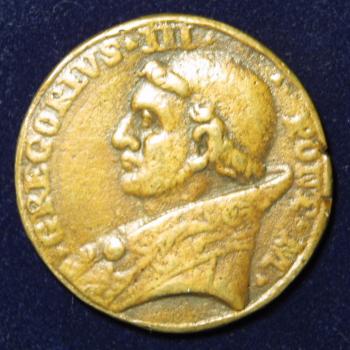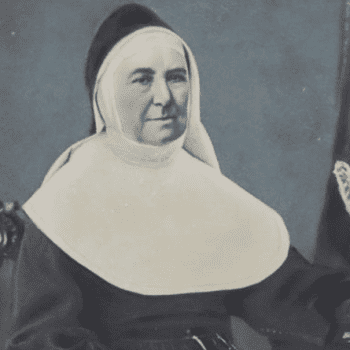
I’ve talked some recently about issues surrounding, in particular, habitual and “Come to Jesus” types of sins, and I’ve encouraged people to seek out confession and to pray for the theological virtues. And I still do. However, I also wanted to address the issues of sin on a more practical level. Because, while the doing the right thing involves knowing what it is and if we are doing it and grace, we must support all of those components with our own cooperating actions. Even and especially when those actions seem futile, because they help us to get a little bit closer to acting virtuously each time.
So firstly, this: learn to feel sorrow for your sins in the right way. I know that when I first read the saints’ writings like The Story of a Soul or the Diary of St. Faustina, I was hyper aware of their awareness of their most minor sins and deep sorrow of how they had wounded Our Lord. This is actually a good thing, but only when it is grounded on their own deep knowledge of God’s loving mercy as it is extended towards them, and only when it is coupled with their own profound love of God that would allow them to see the smallest slight against the one they loved as a marring of the intended perfection of their love for Him.
Following the admonition to “Know Thyself,” though, I am not yet such a saint. I am still working on getting it—knowing and believing that there is a love that could extend so deeply to me even as I turn away from the one who is loving me. That I can feel sorrow for hurting Someone and He is the one who is there to comfort me. Yet, to feel sorrow without recognition of mercy is ultimately not repentance but scrupulousity. It takes practice to balance the both/and notion of seeing the reality of things and responding appropriately to them in justice, while at the same time I am seeing the the diffusive mercy that God offers me at the moment of recognition, in order to restore me.
After all, part of the reason I need mercy to begin with is that the most penitent apology coming from my own power isn’t enough to compel God to have mercy on me. Only the free act of His love can offer me mercy, though I will only receive that mercy to the degree that I am disposed to accept it. I am not saying we shouldn’t feel sorrow at sinning, since that sorrow is the proper response and what will dispose us to receiving mercy, but it cannot be the sorrow of one who despairs. It must be a sorrow that fuses itself to our hope, resting in the promise that “while we were still sinners, Christ died for the ungodly.” Sorrow without hope, after all, is despair. And the only sins God will fail to have mercy on are the sins we fail to confess.
Secondly, let go of your pride and ask for help. Ask for help in the confessional, and for more spacific support, as for help from a spiritual director, and maybe even a close friend. All sin is hard to stop. Confession, in which the priest acts in persona Christi as a minister of Grace, is essential because it allows us to restore our union with God. Because Christ gave us this sacrament, in part, I suppose, because it gave us concrete knowledge that we had been forgiven. Confess as close to sinning as possible, and go to confession often, particularly for the grave matter habitual sins. If you want to stop sinning and it is possible to drop by Confession multiple times a week, do it. Ask for the grace and then go as often as you can.
Nevertheless, in order to truly combat the more ingrained habitual sins, we need support before we sin, too. This is where a good, holy spiritual director can come in handy. They can, in coming to know you, offer very specific suggestions for your life that will help you to recognize the whole context which supports that sin. Maybe that context that supports sin is being on the internet after a certain time, or leaving too close to the time you go to work and guarantees road rage. Whatever it is, as they come to know you better, a spiritual director can provided prudent, objective insight into how you can prevent it.
If you aren’t able to find a spiritual director (and even if you are) you might also want to enlist the help of a trustworthy friend or two. Be honest with them. That’s easier to say than to do; I know because I have asked friends for help a time or two. It means taking a big dose of humility and letting down the mask of who you want everyone to think you are, revealing to them the darker, likely more shameful, aspects of your character. No one wants to look bad. But sometimes, in being honest with a good friend, we can find the love and support we need of someone who deeply wants us to be the best, holiest person we can be. They can be people we turn to in temptation, or who can provide hope when we fall, or encouragement when we are continuing on in our struggle. They can celebrate with us when God helps us to over come the sin a little bit more. It’s hard to trust people with those parts of ourselves, but fighting sin is hard to do in isolation, and often times simply not being alone in it gives us the beginnings of hope.
















